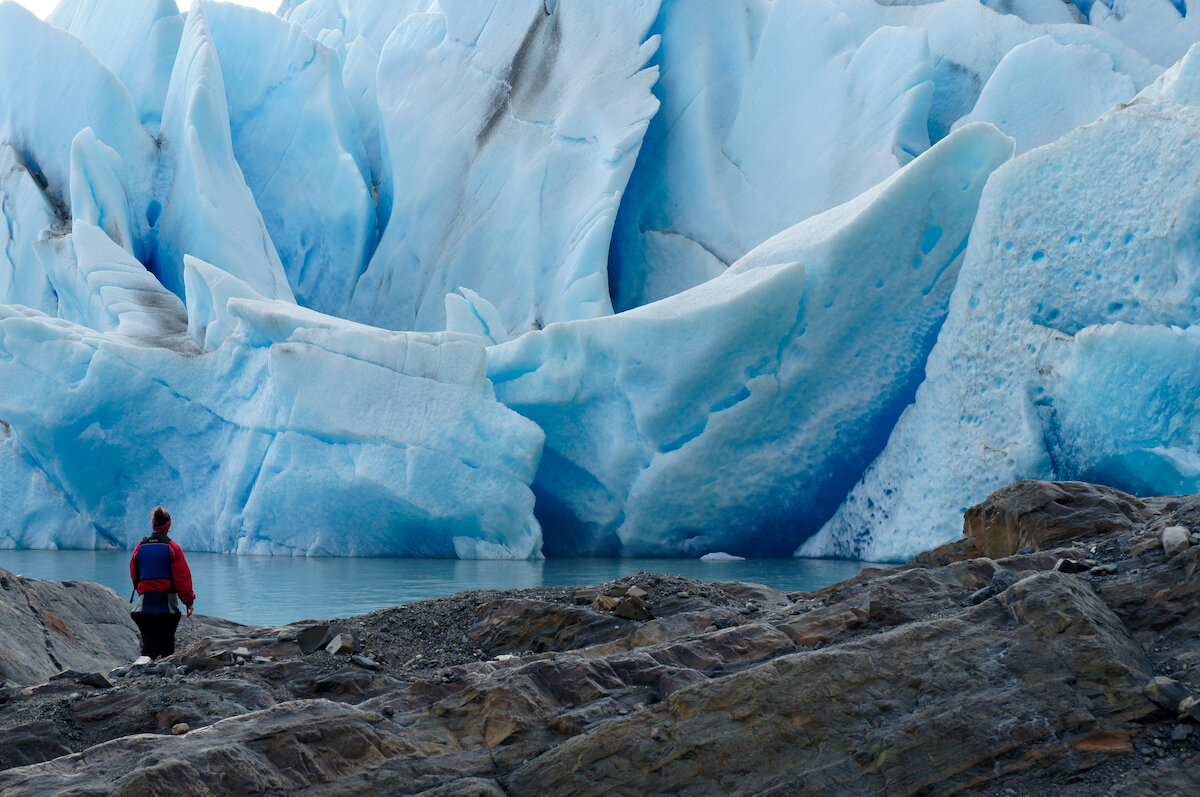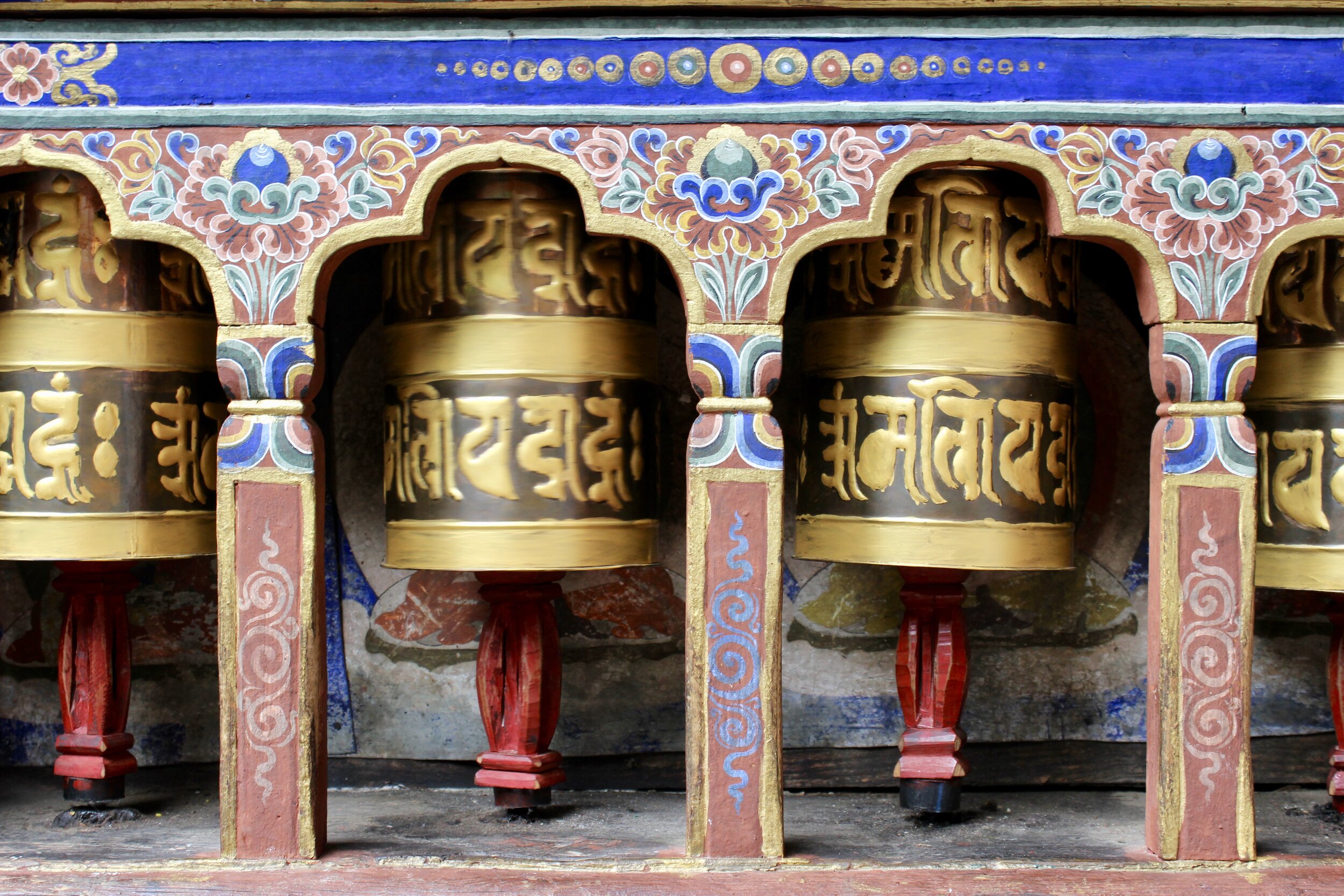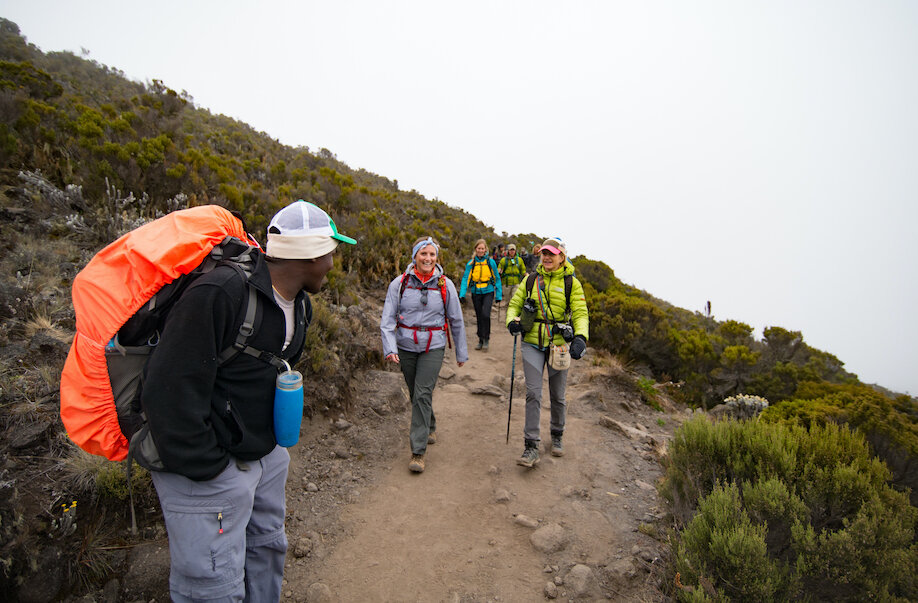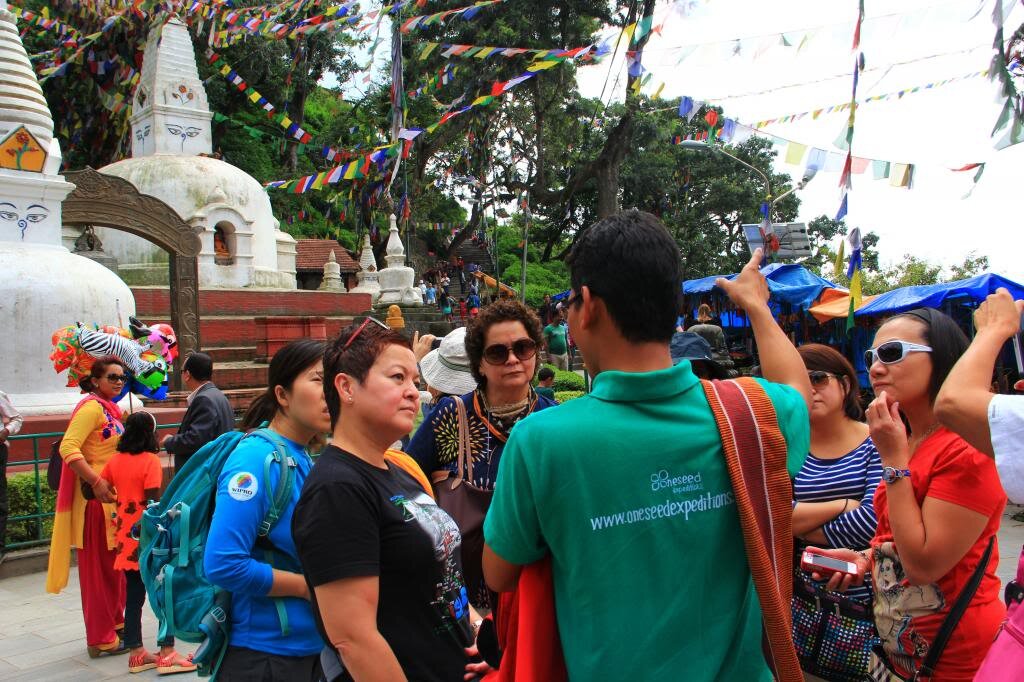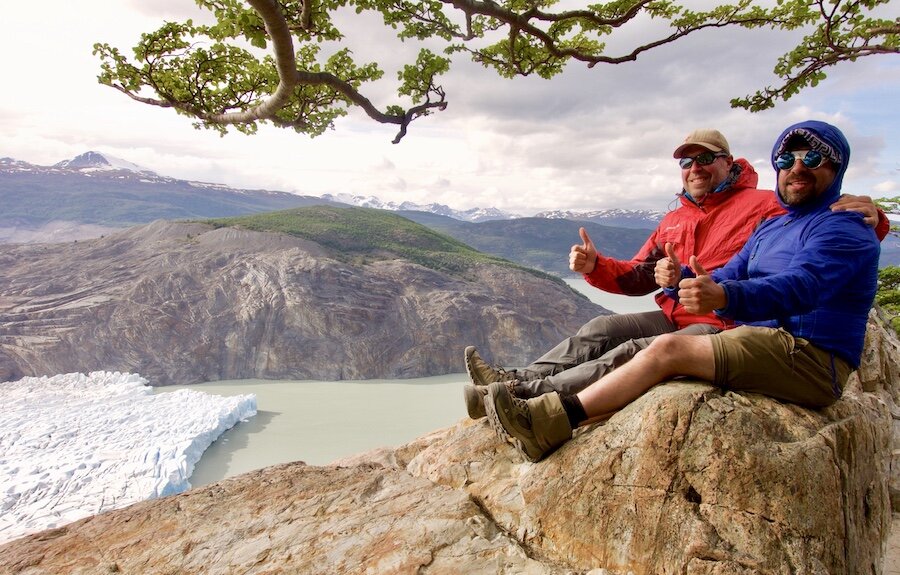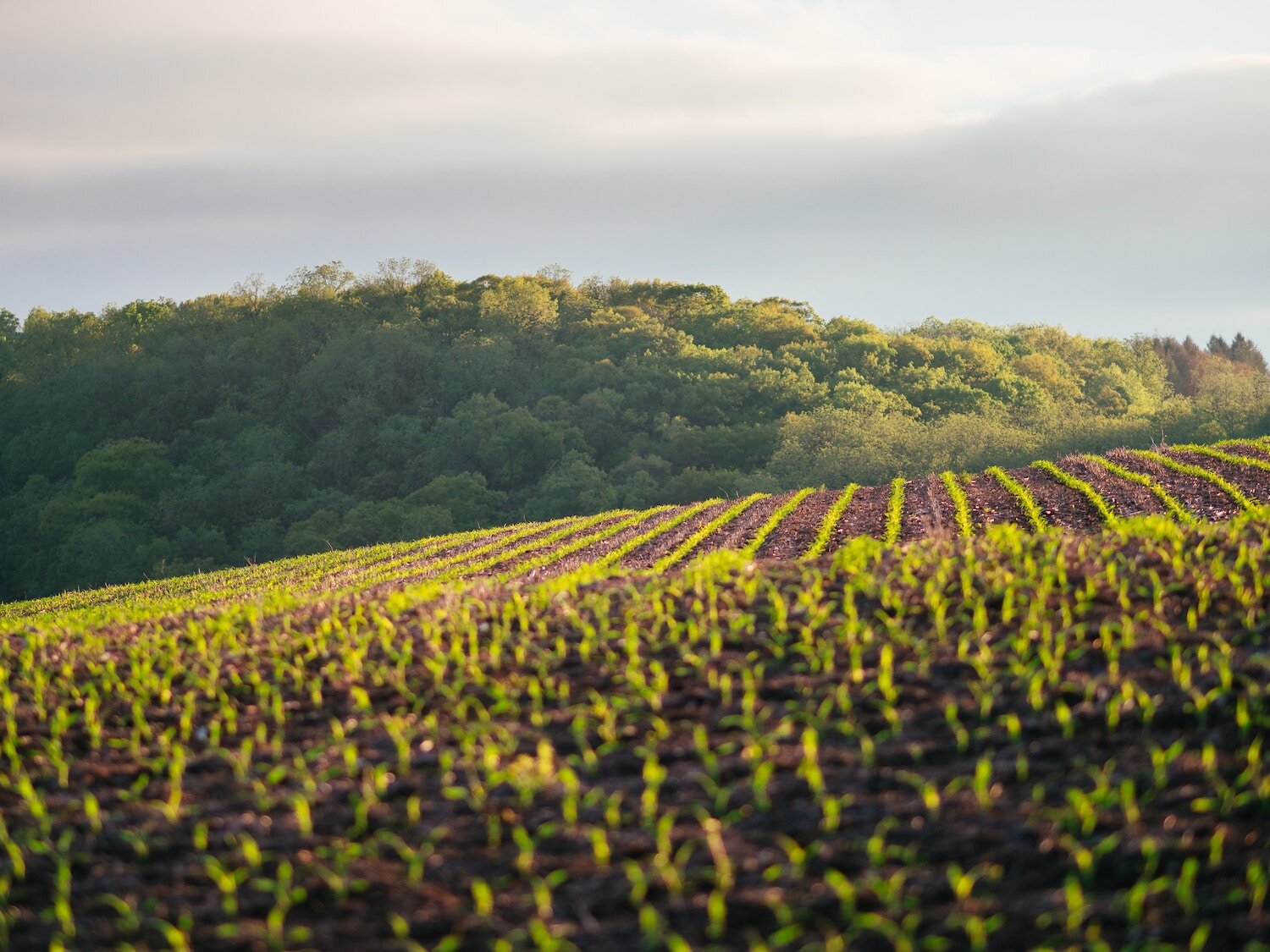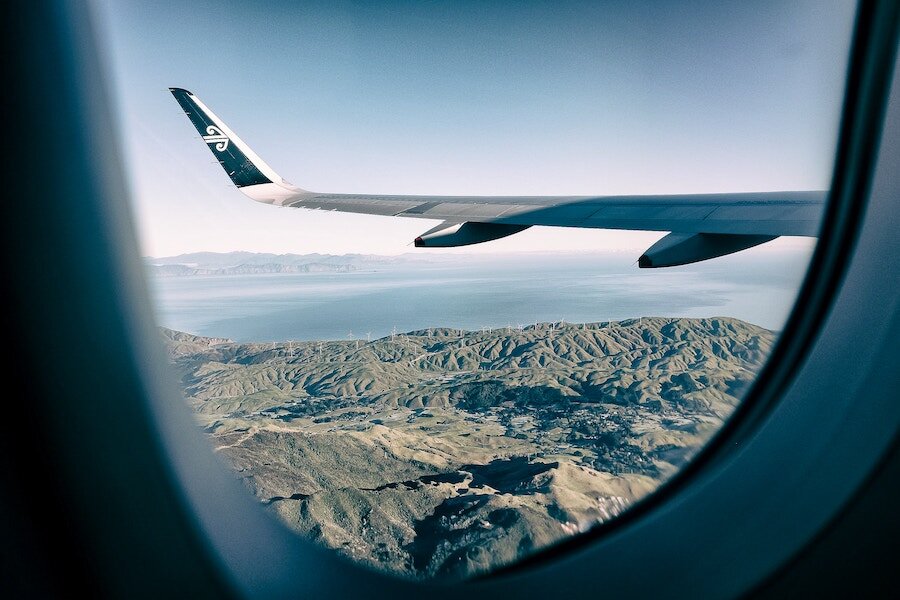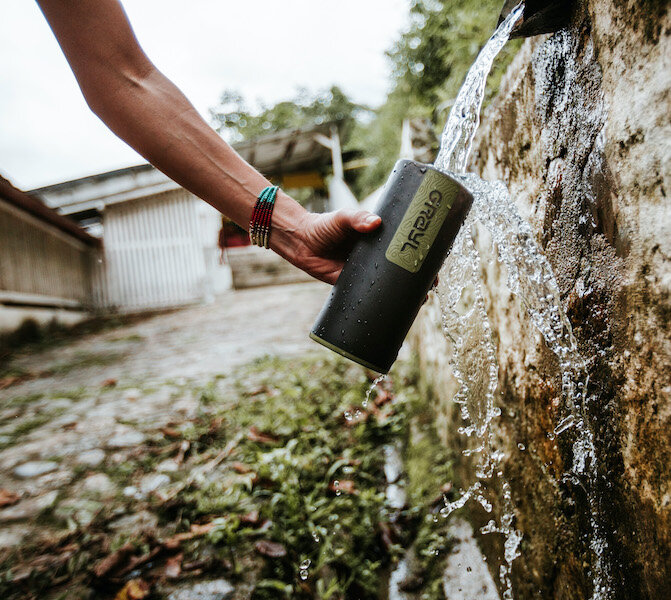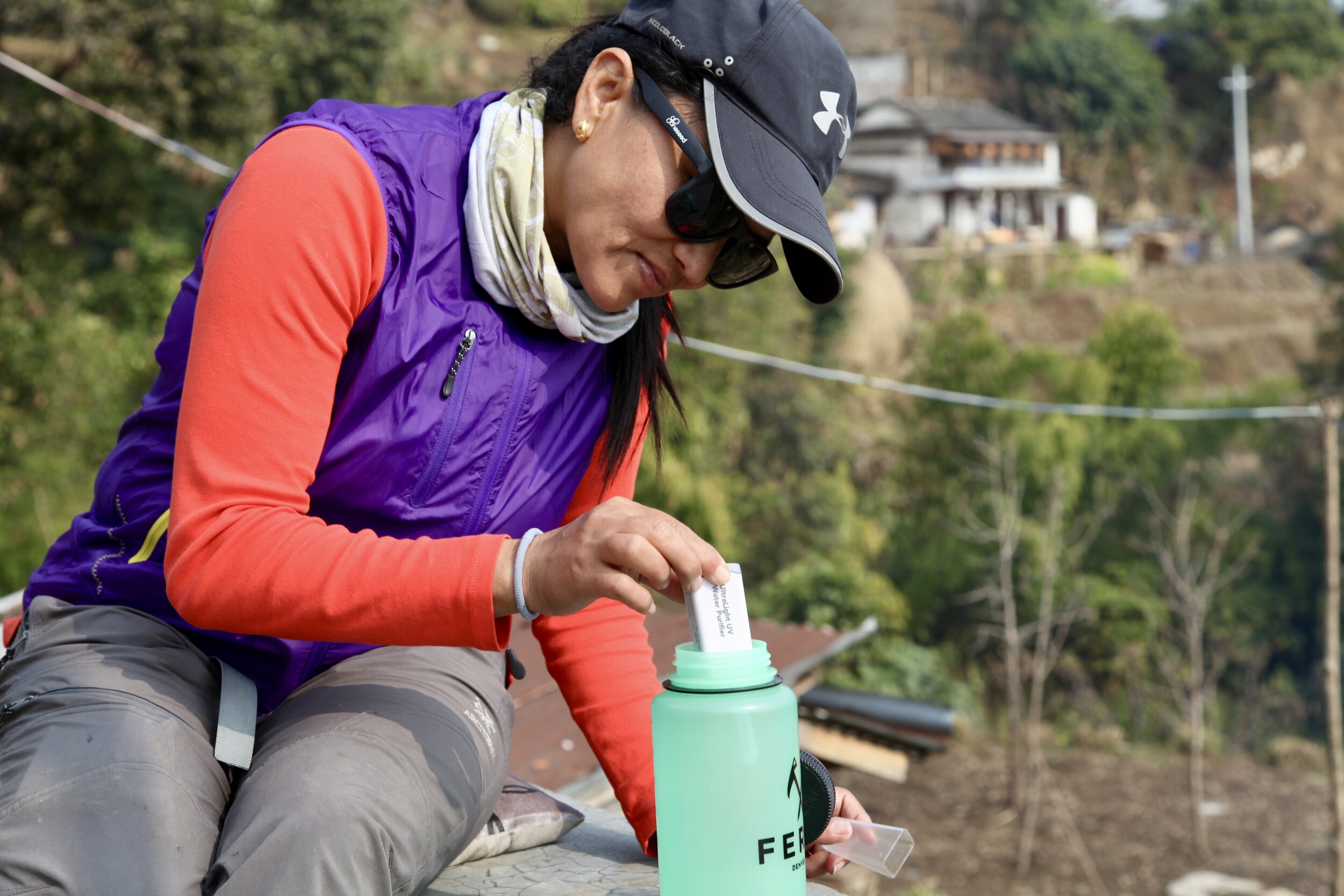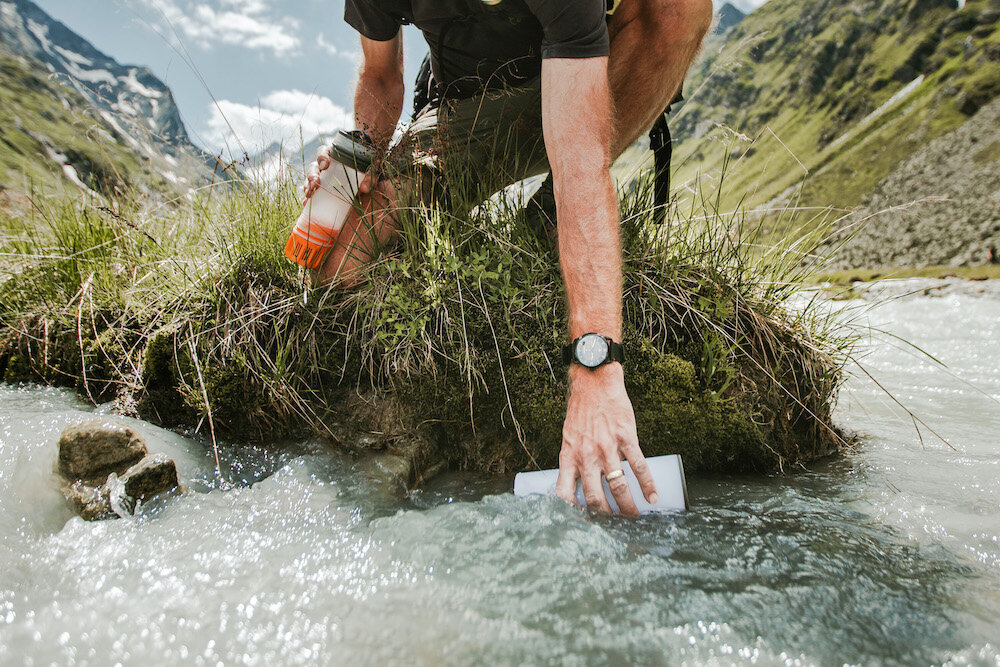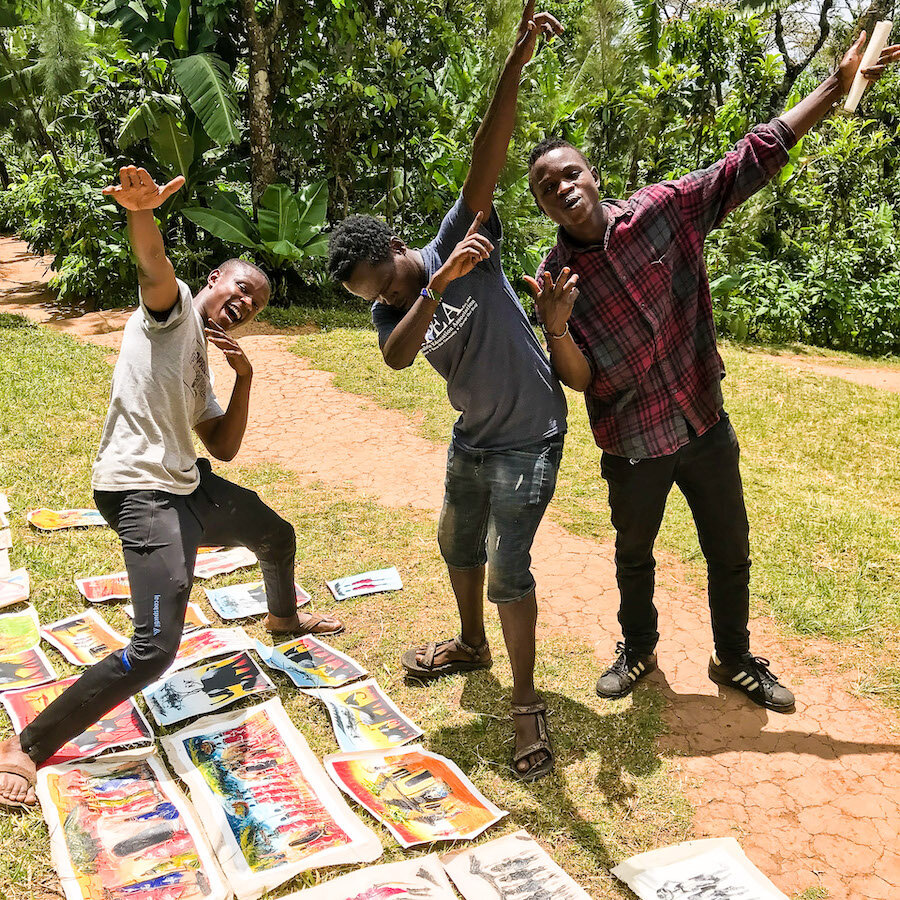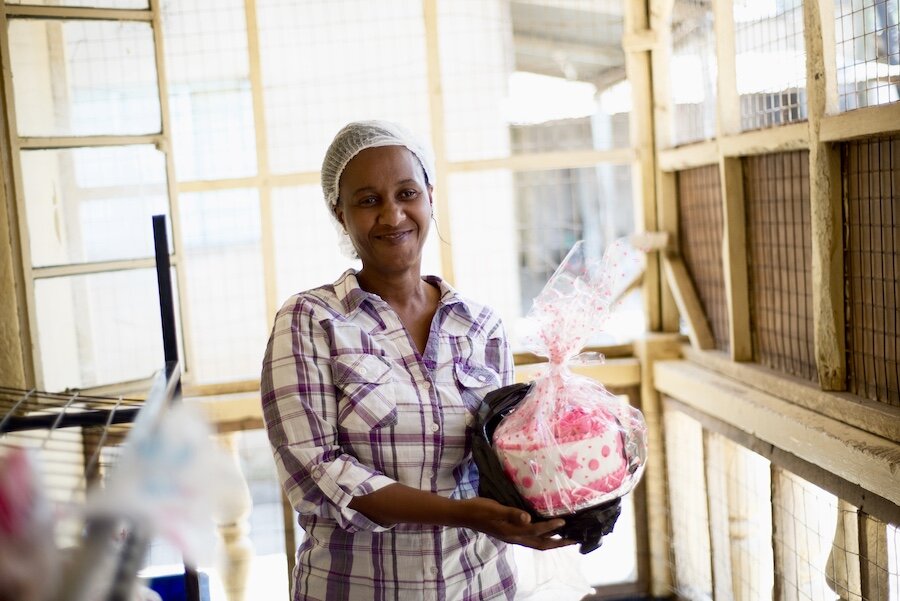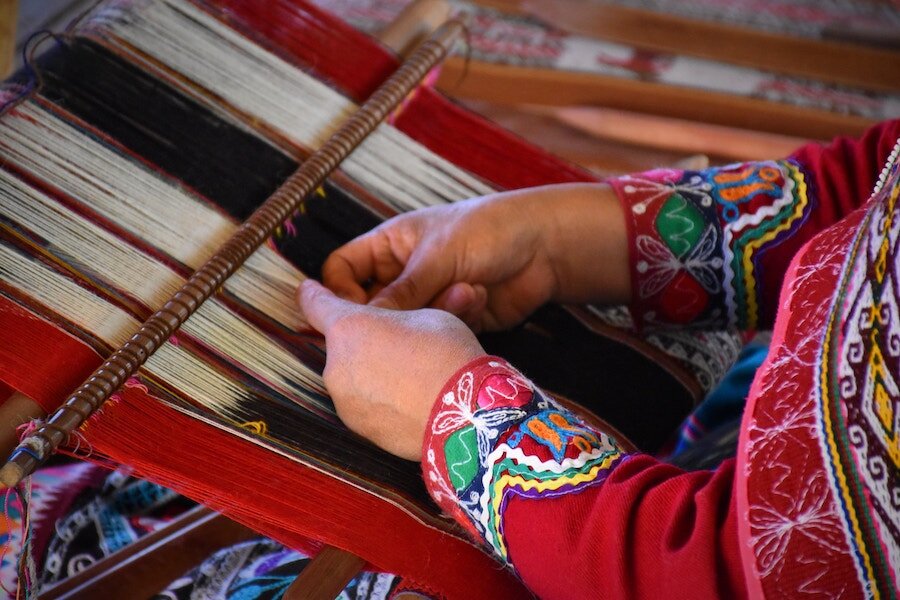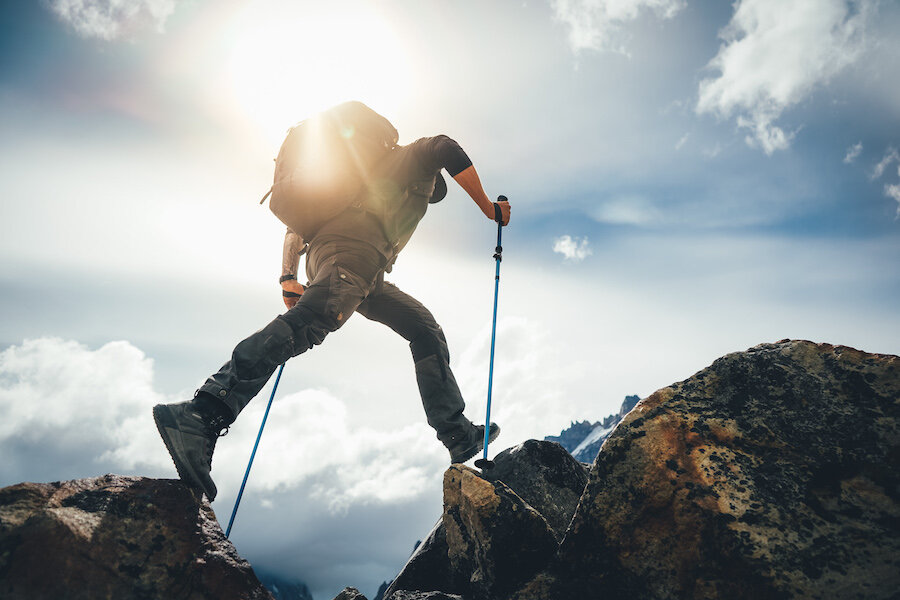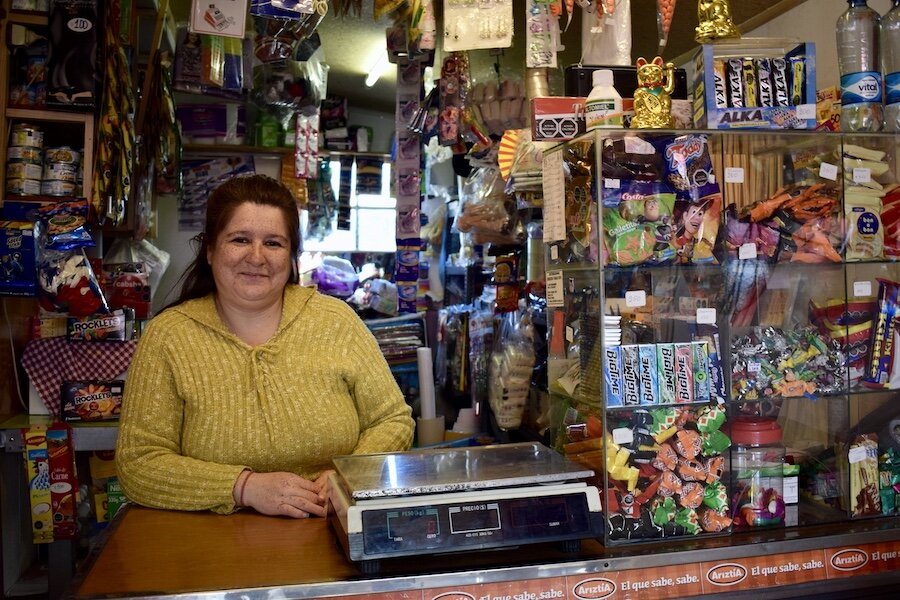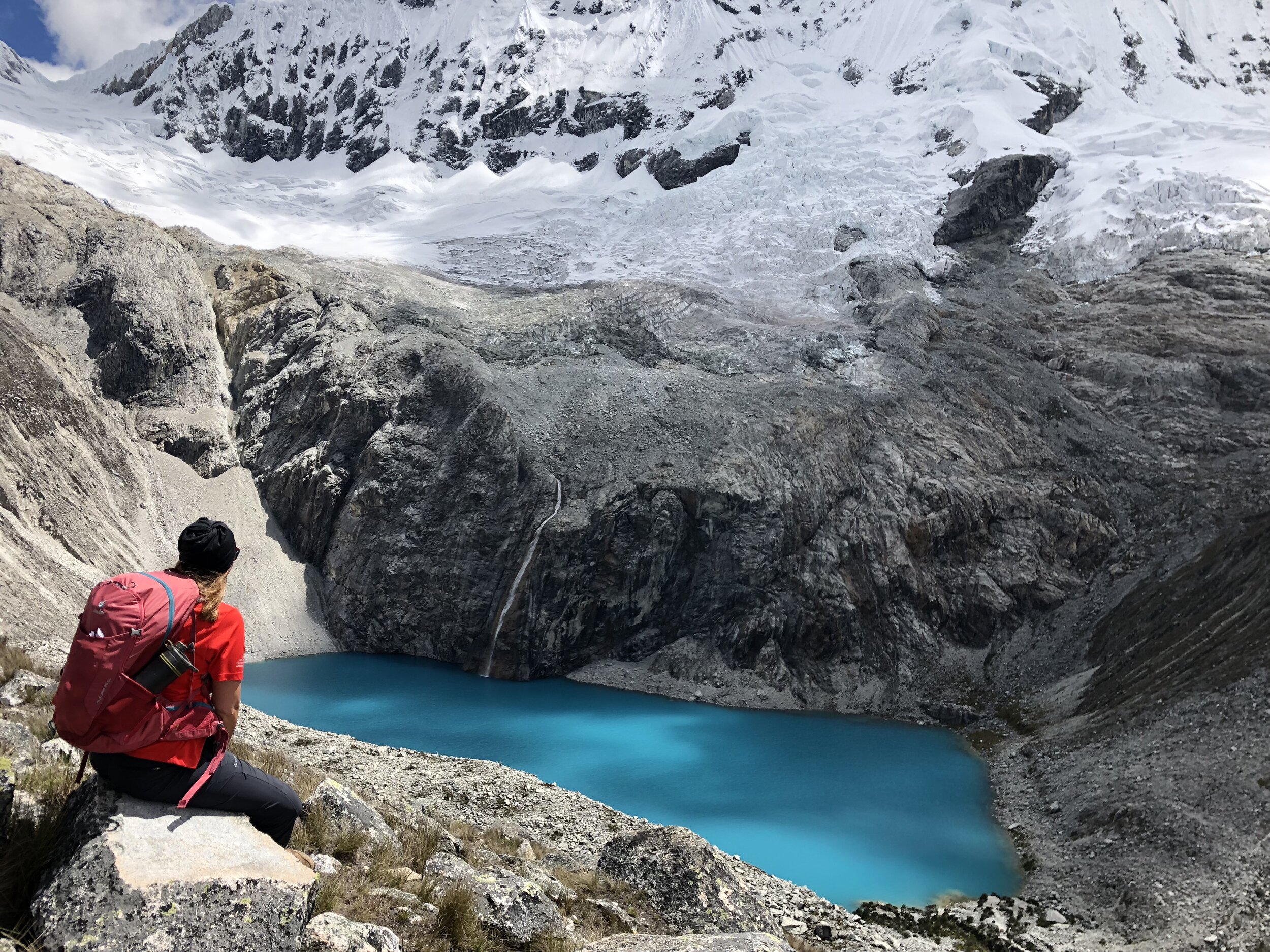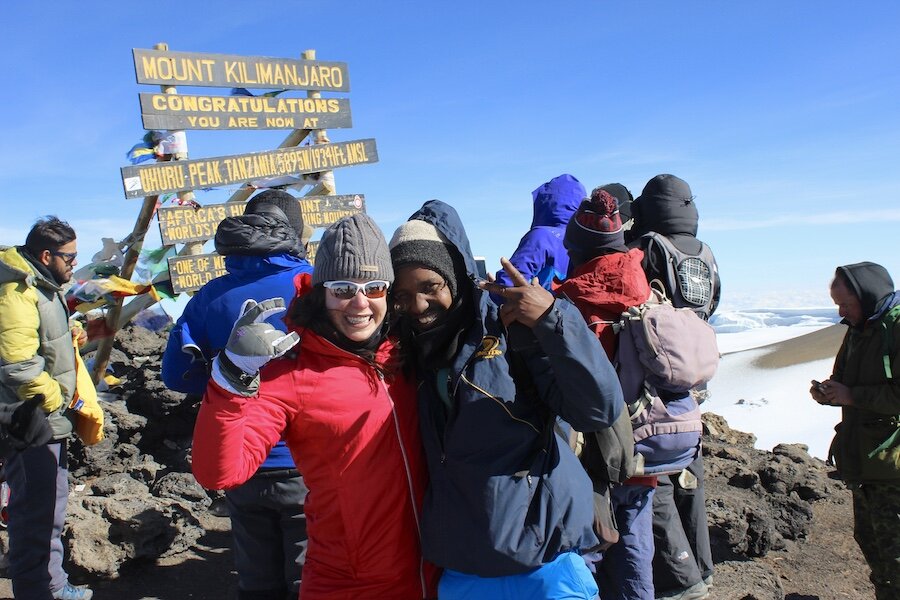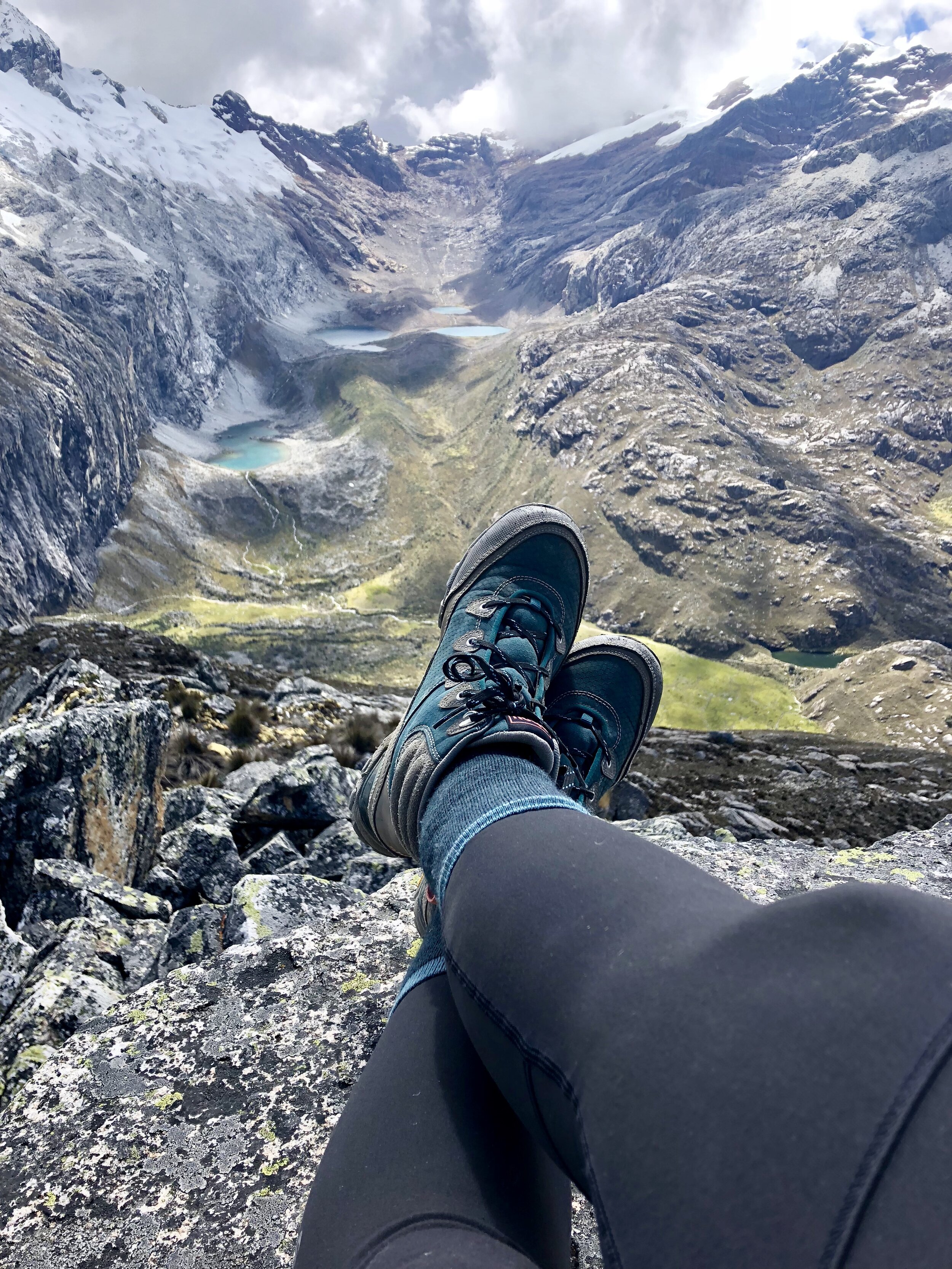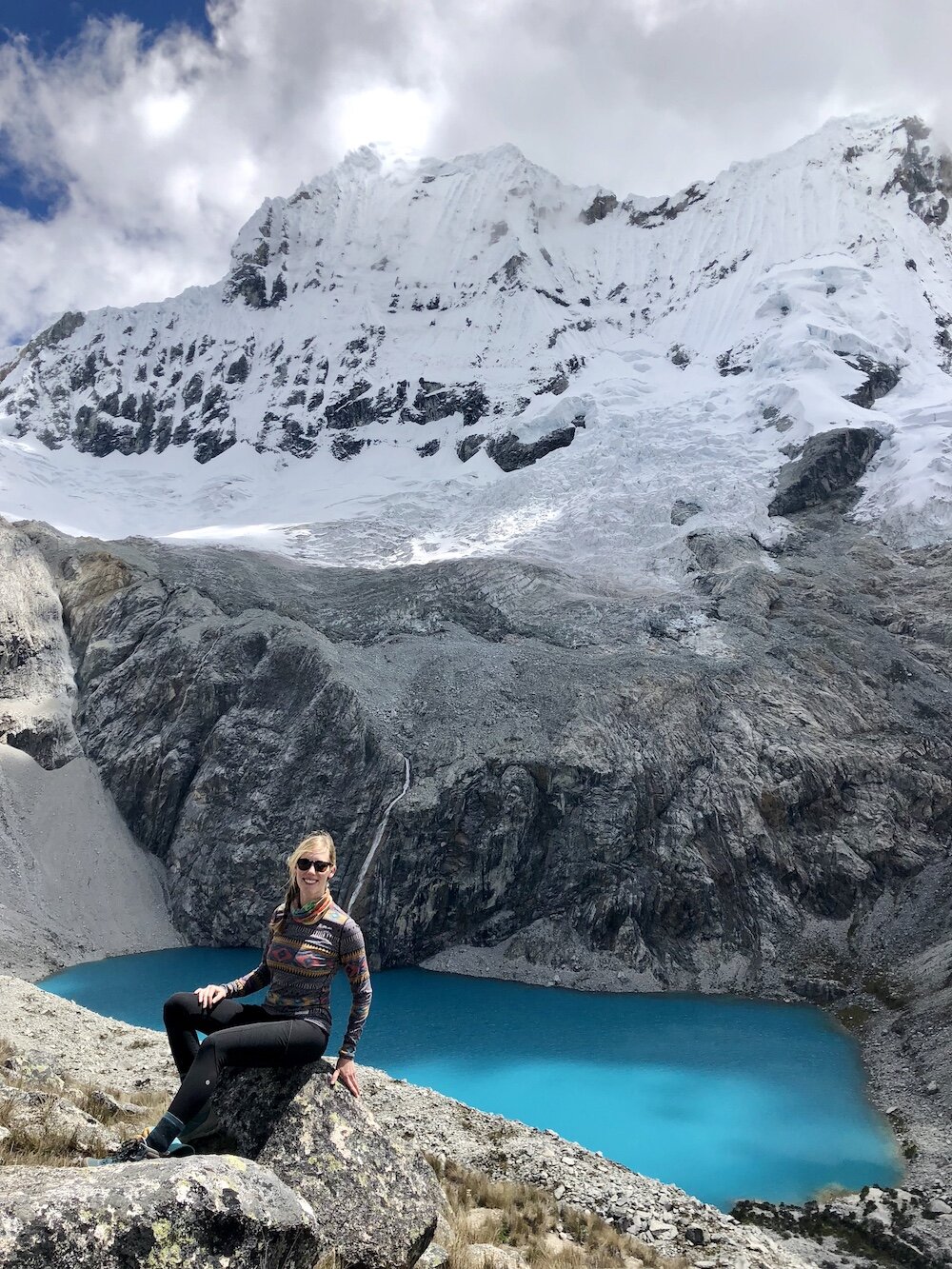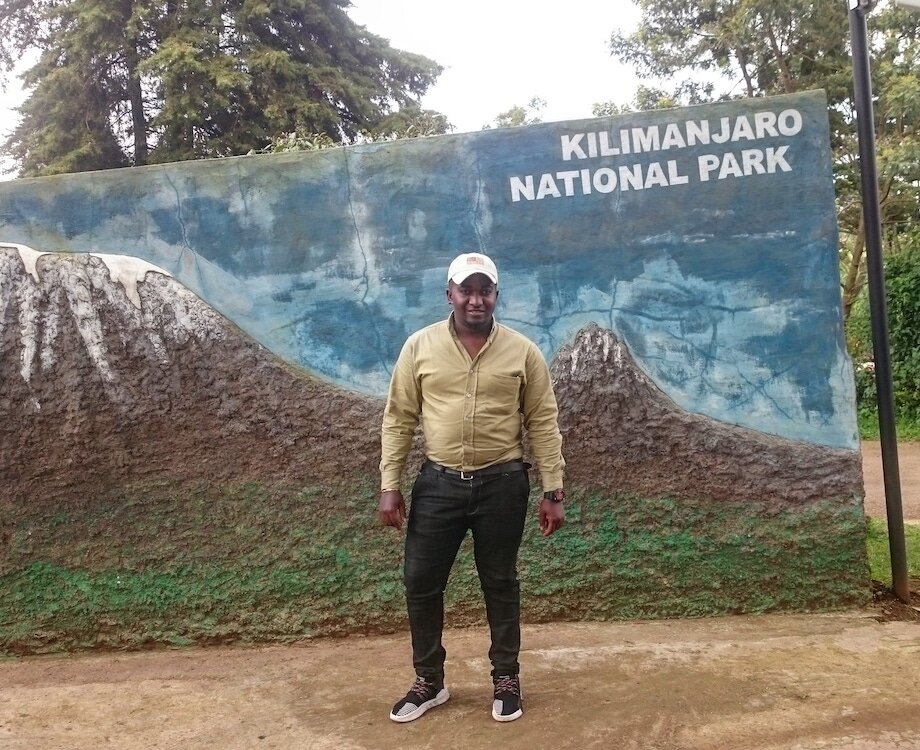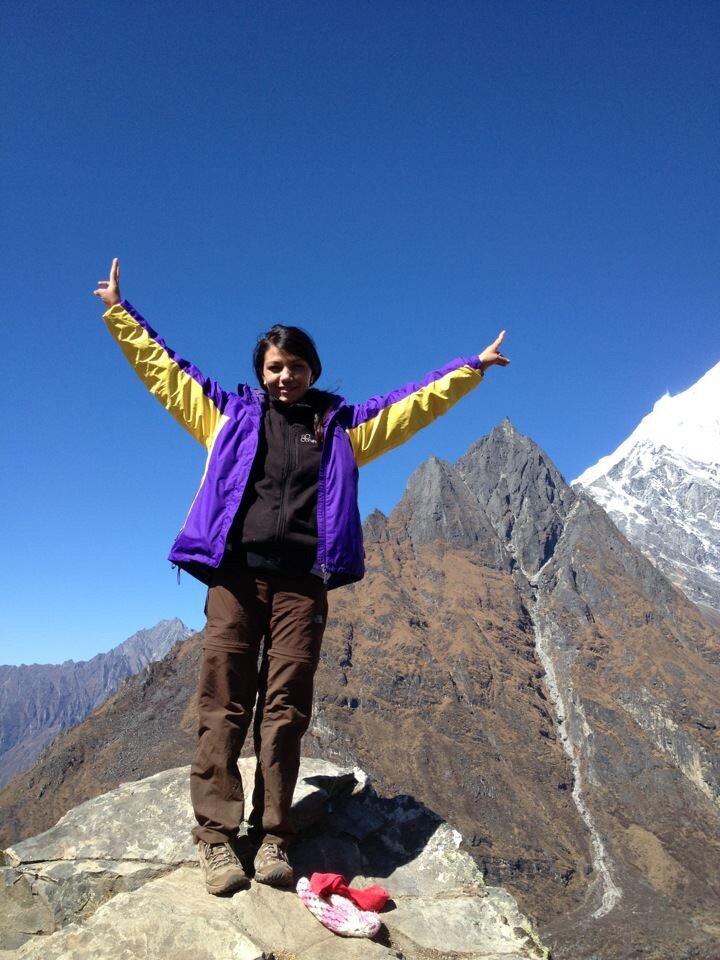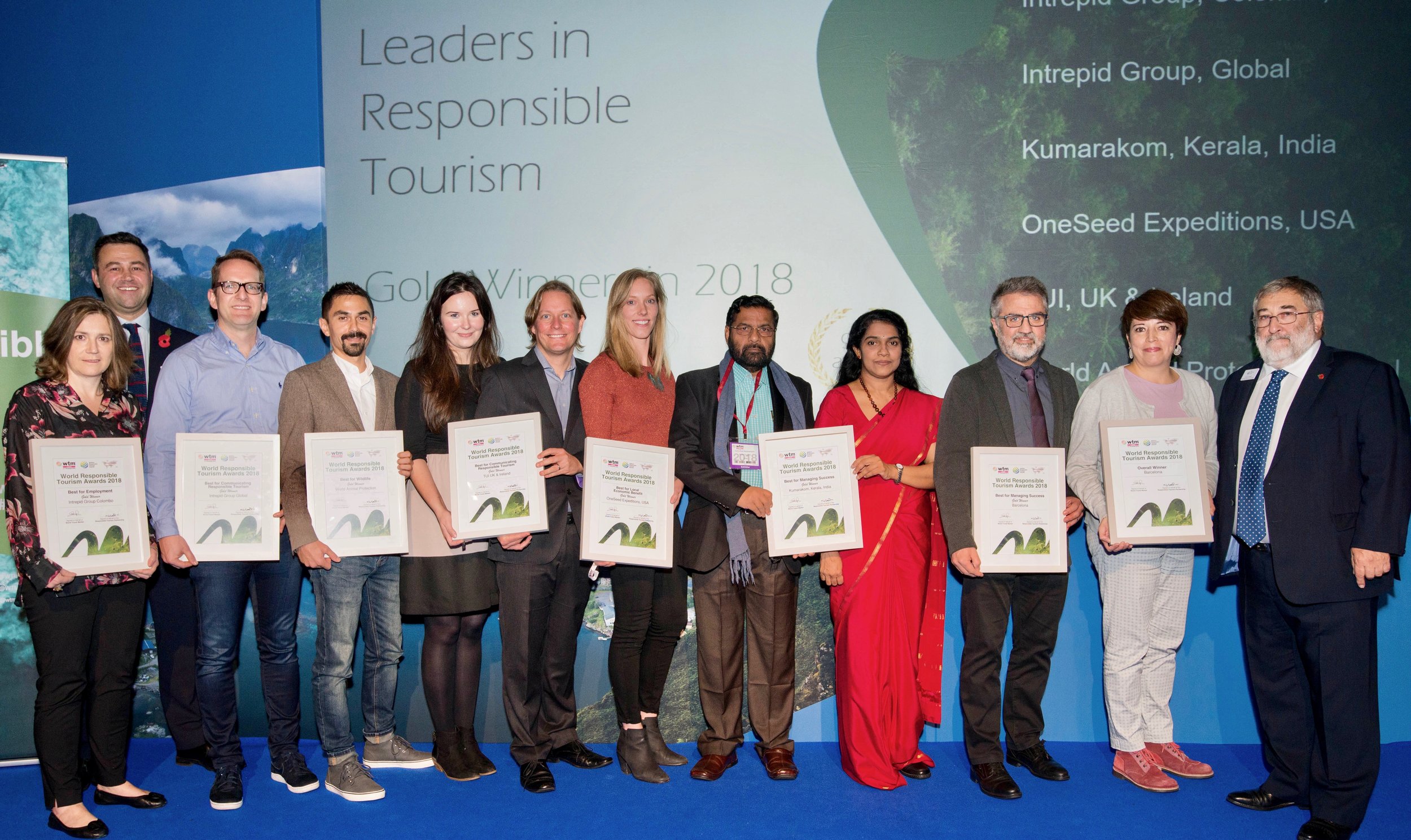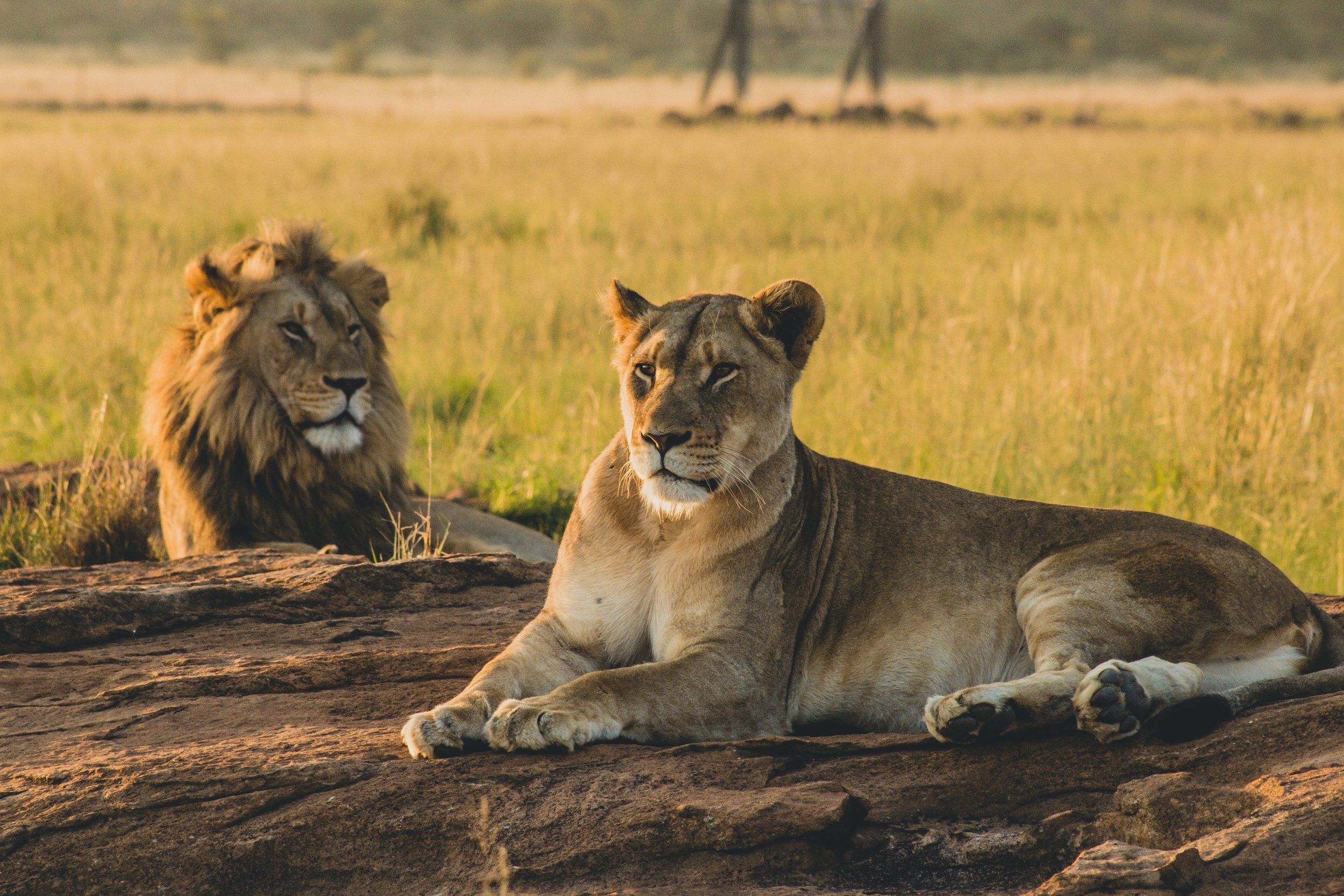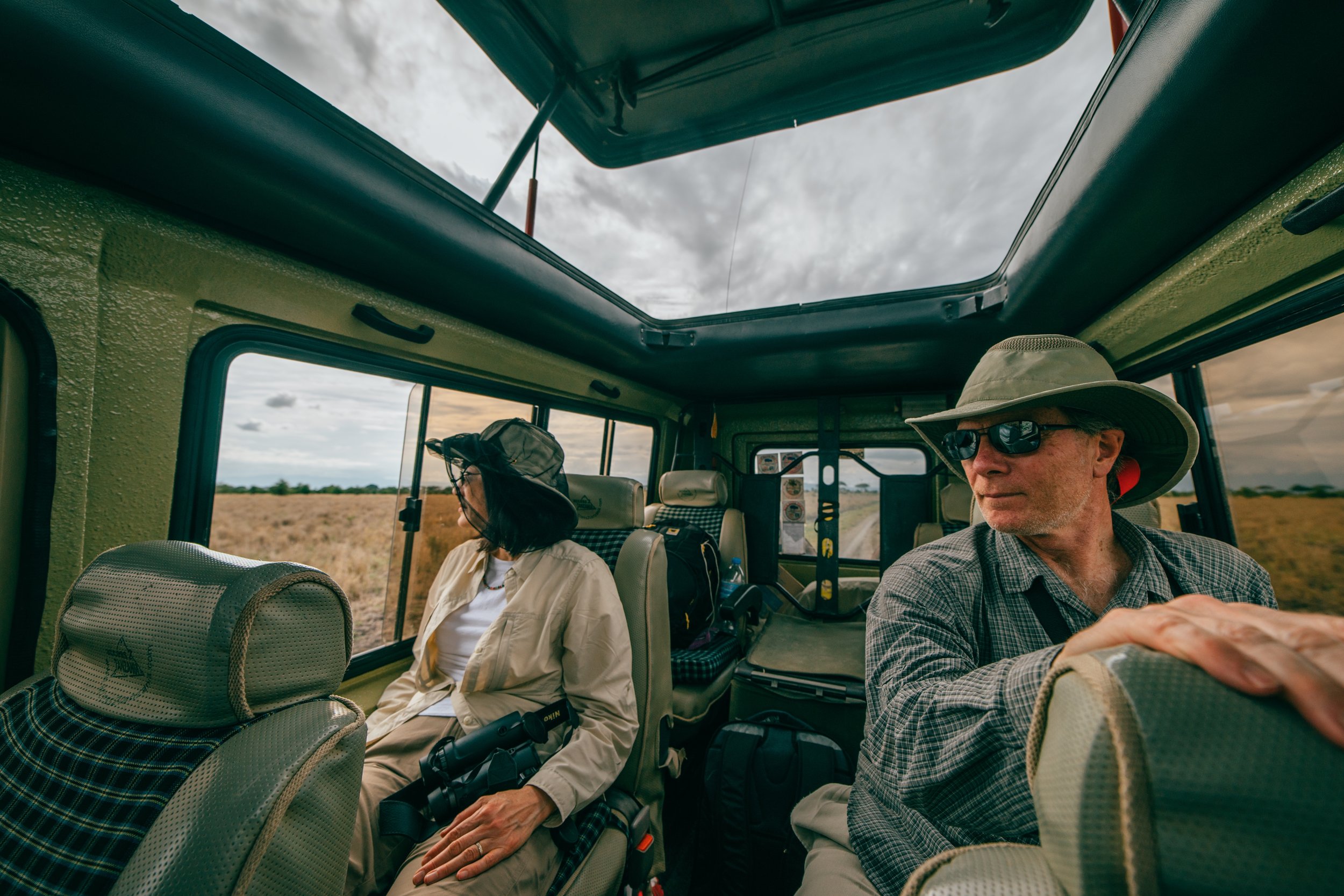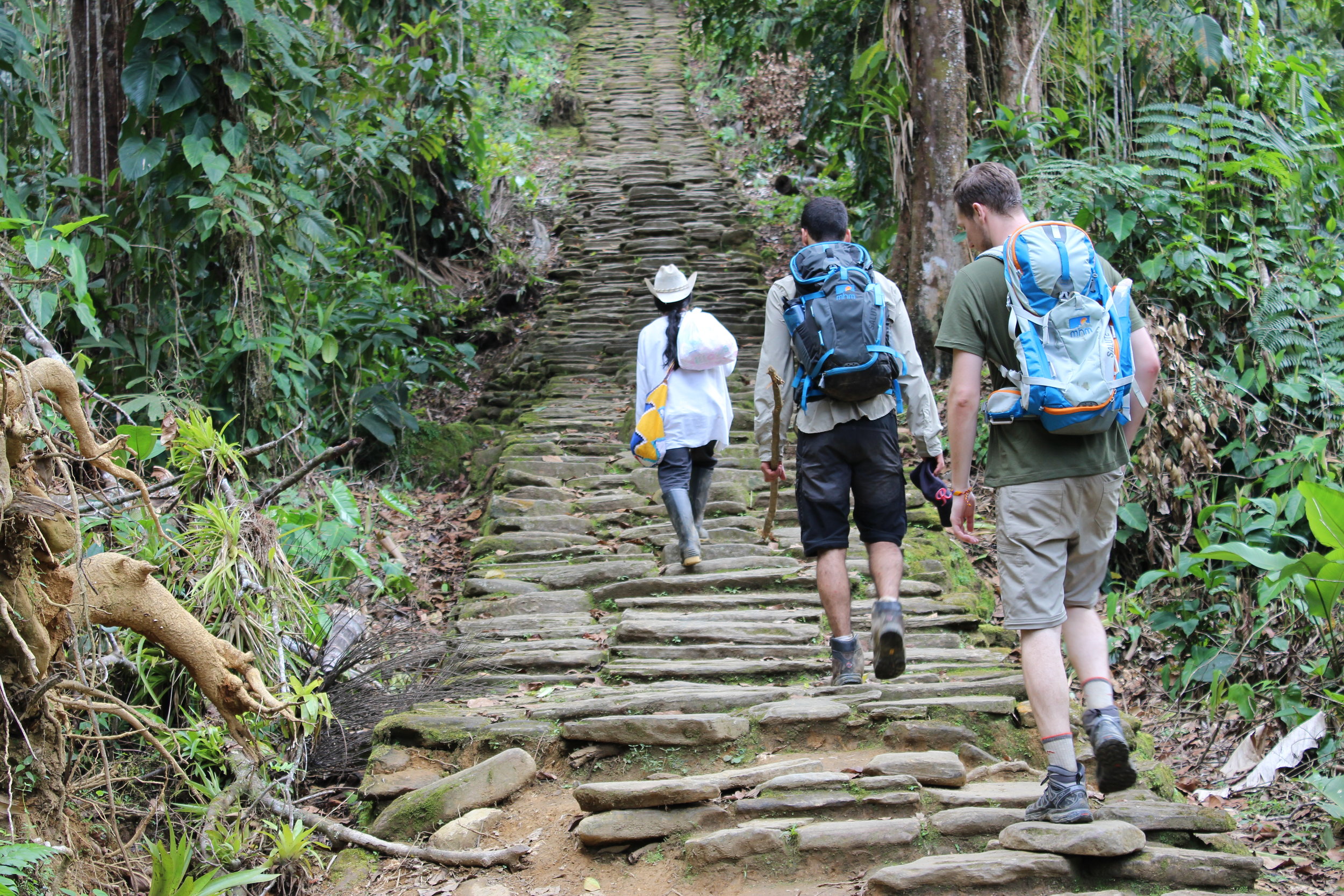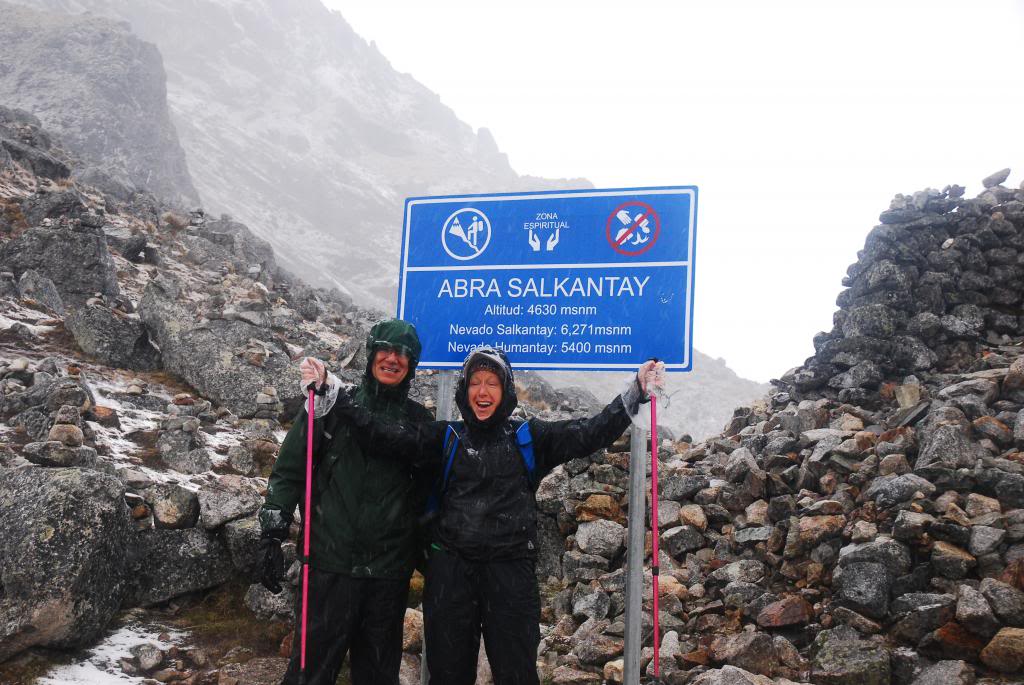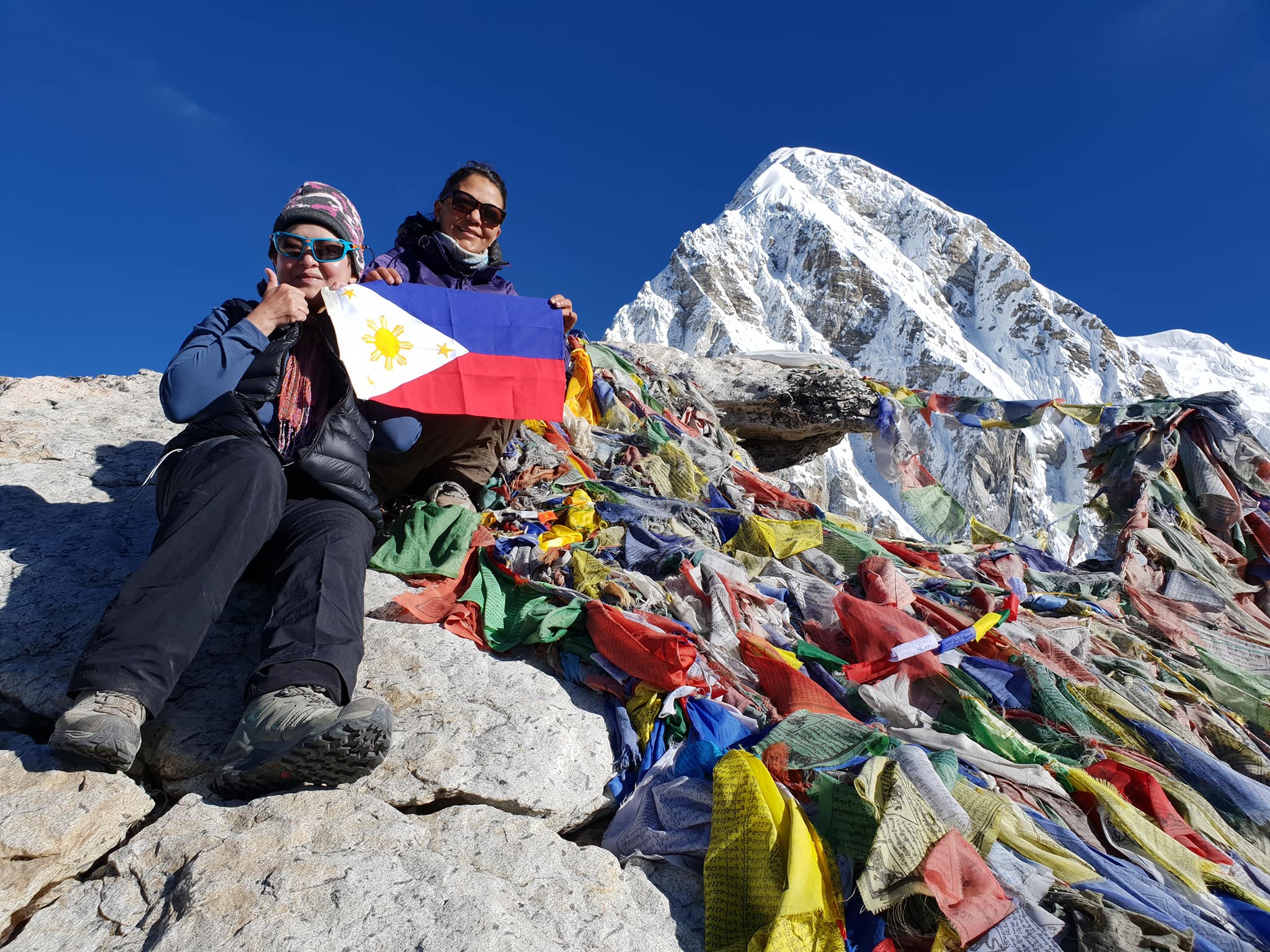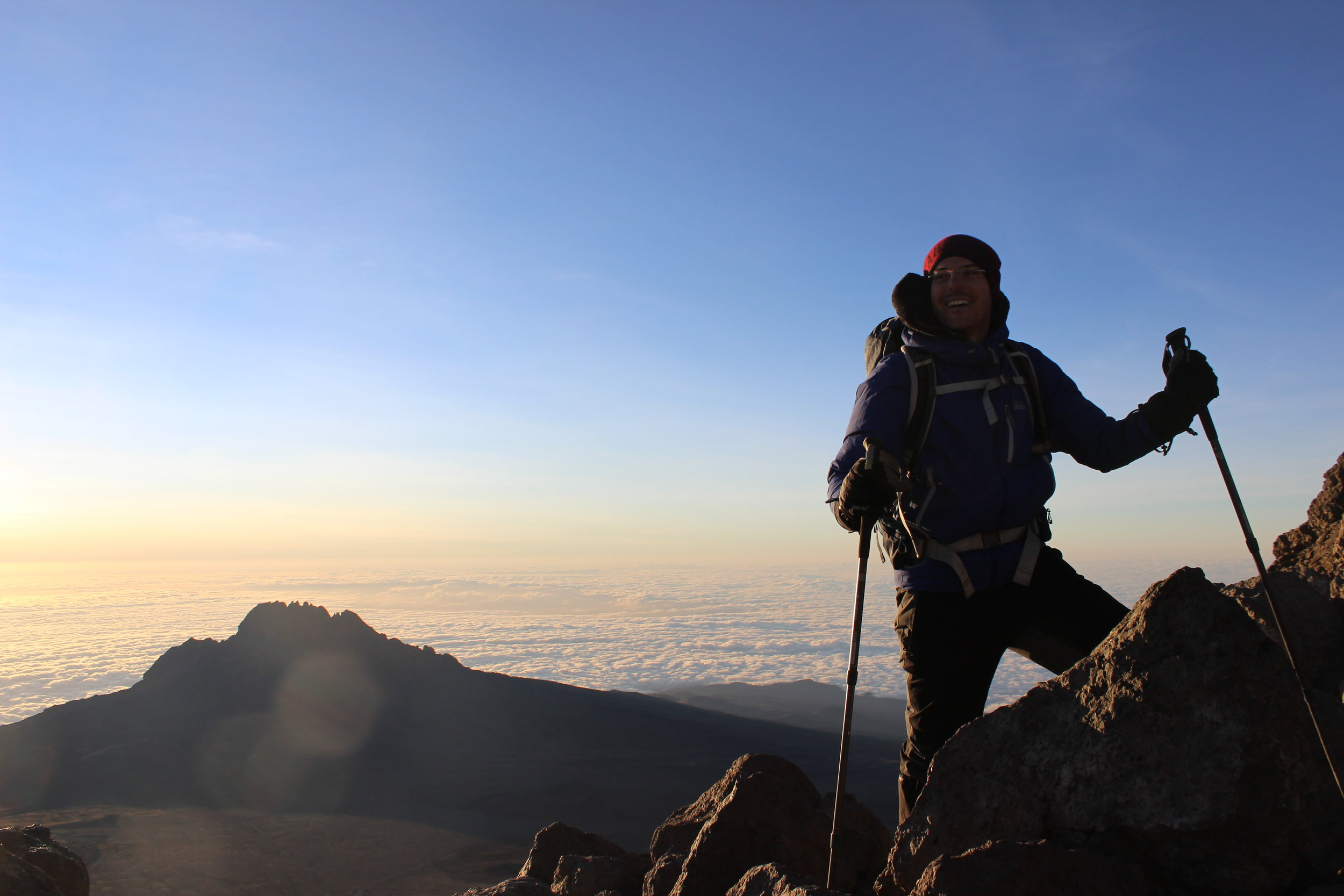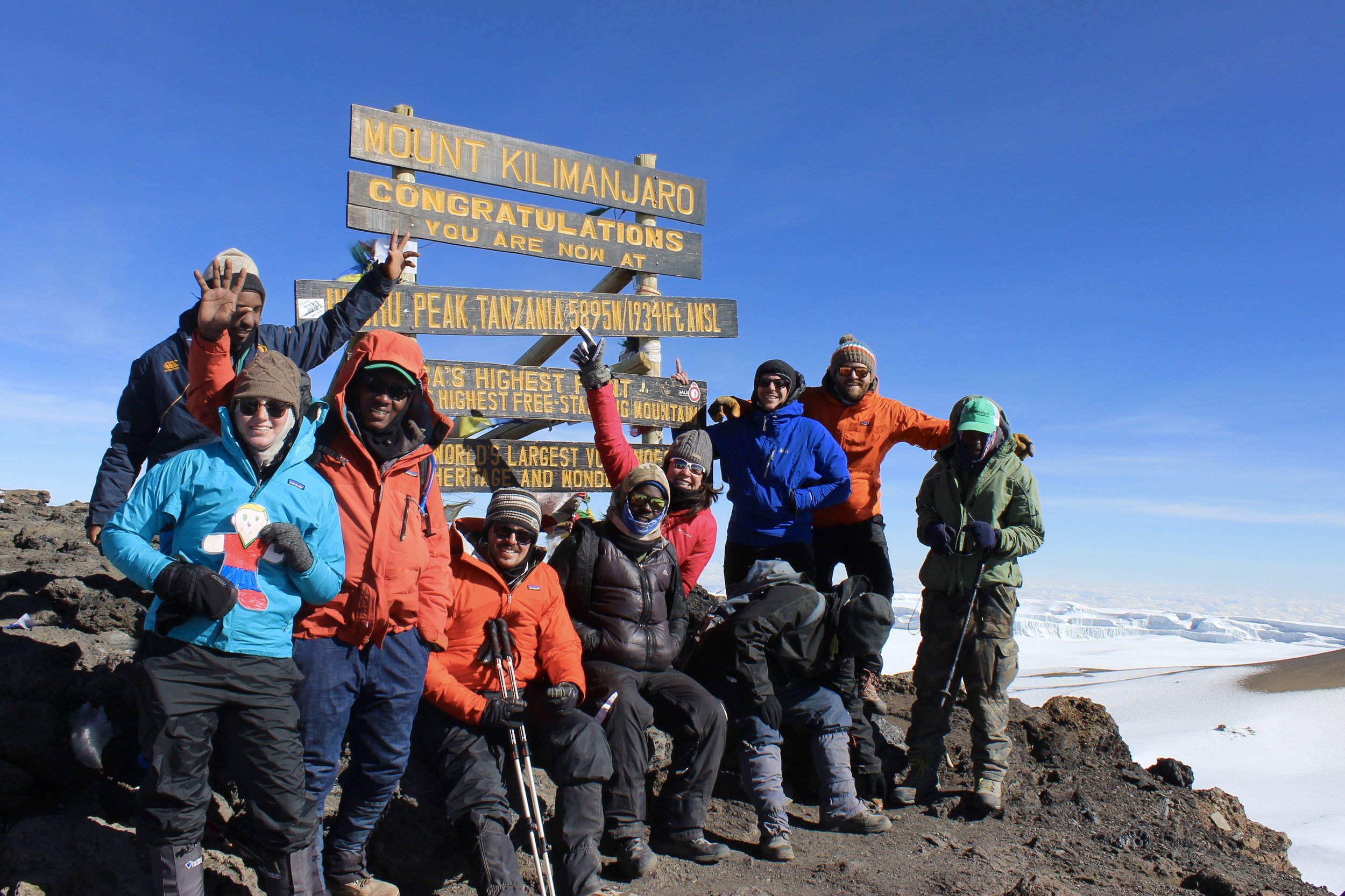Ecuador, straddling both hemispheres, offers a microcosm of the planet's natural wonders within its compact borders. It's a land where you can breakfast in the Amazon rainforest, lunch among the high Andean peaks, and dine beside the Pacific Ocean. For trekkers, it's a paradise of varied landscapes, ecosystems, and cultures, particularly famed for its Avenue of the Volcanoes—a stretch of land graced with some of the world's highest and most active peaks.
The Andes and Beyond
The Andean spine that runs through Ecuador is the most prominent feature for trekkers. The famous Quilotoa Loop offers a multi-day trek around a stunning crater lake with a unique turquoise hue, passing through remote indigenous villages and offering breathtaking Andean landscapes. Meanwhile, the Cotopaxi National Park houses one of the world's highest active volcanoes, Cotopaxi, providing both challenging climbs for experienced trekkers and scenic day hikes for those looking for a leisurely pace.
Unique Biodiversity
Ecuador is one of the most biodiverse countries in the world. Trekking here not only means navigating diverse terrains but also encountering a vast array of flora and fauna. In the cloud forests of Mindo, trekkers can spot hundreds of bird species, including the vividly colored Andean cock-of-the-rock. The Amazon basin, accessible through gateways like Tena or Coca, offers treks through lush, dense jungle, home to an astounding collection of wildlife.
Cultural Exchange
Trekking in Ecuador also offers rich cultural encounters. The country is home to numerous indigenous communities, each with their own unique traditions and ways of life. As you trek through the Andes, you'll likely meet Quechua-speaking communities, known for their intricate textiles and hearty cuisine. Engaging respectfully with these communities can add a profound layer of meaning to your trek.
Conservation Efforts
As a country with such rich natural and cultural heritage, conservation is key. Ecuador's government and various NGOs are working hard to preserve its ecosystems and biodiversity. As trekkers, it's crucial to respect these efforts by sticking to established trails, minimizing waste, and being mindful of wildlife. In places like the Galapagos Islands, these efforts are especially stringent due to the fragile and unique nature of the ecosystem.
Ecuador offers an enchanting world of trekking possibilities, from the volcanic highlands to the lush Amazon, each with its own set of challenges and rewards. Whether you're a seasoned trekker looking for the next high-altitude challenge or a curious traveler eager to soak in natural beauty and cultural richness, Ecuador's trails await. As you embark on these journeys, carry with you a sense of responsibility and wonder, preserving the beauty you came to see for those who will follow in your footsteps.








